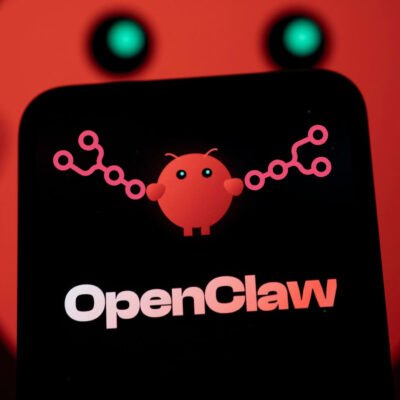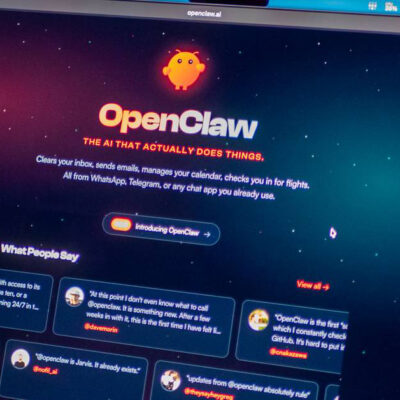ChatGPT has revolutionized how we access information, but one of its most significant drawbacks is its inconsistent handling of sources and citations. Many users find it frustrating when ChatGPT provides information without verifiable references. This guide will walk you through actionable strategies to improve ChatGPT’s ability to provide reliable sources and citations, ensuring your research is accurate and well-supported.
Why Are ChatGPT’s Sources Often Inaccurate?
ChatGPT’s knowledge is based on a vast dataset, but it doesn’t always include detailed citations. This is because the model is trained on publicly available information up to its knowledge cutoff date (October 2023 for GPT-4o) and doesn’t have direct access to live web content unless explicitly enabled. Additionally, ChatGPT can sometimes “hallucinate” sources, providing fabricated or incorrect references.
Understanding these limitations is the first step to improving the quality of the sources ChatGPT provides. By using the right prompts and techniques, you can guide the AI to deliver more reliable and traceable information.
Step 1: Ask the Right Questions
To get better sources, start by asking ChatGPT questions that naturally require citations. Broad, open-ended queries are more likely to yield detailed responses with potential references. For example:
- “Explain the key principles of behavioral psychology and provide sources to support your explanation.”
Avoid vague or overly simple questions, as they may result in brief, citation-less answers.
Step 2: Explicitly Request Sources
ChatGPT doesn’t always provide sources unless explicitly asked. Use direct prompts to request citations:
- “Please provide sources for your previous answer.”
- “Can you share the URLs for the information you just provided?”
If ChatGPT provides offline sources (e.g., books or academic papers), you can follow up with:
- “Please provide online sources or URLs for this information.”
Step 3: Specify the Type of Sources You Need
ChatGPT responds well to specificity. If you’re looking for peer-reviewed articles, authoritative websites, or recent publications, mention this in your prompt:
- “Provide peer-reviewed journal articles that discuss climate change impacts.”
- “Recommend three authoritative websites for information on machine learning algorithms.”
This approach helps ChatGPT filter its responses to match your needs.
Step 4: Ask for Real-World Examples and Frameworks
Theoretical concepts are more credible when paired with real-world examples. Prompt ChatGPT to provide both:
- “Describe Maslow’s Hierarchy of Needs and provide real-world examples where these principles were applied. Include sources for these examples.”
This strategy not only enhances your understanding but also gives you tangible references to explore.
Step 5: Limit the Timeframe for Sources
ChatGPT’s knowledge cutoff means it can’t access information published after October 2023. To avoid outdated or irrelevant sources, specify a timeframe:
- “Provide sources published between 2020 and 2023.”
For the latest information, consider using ChatGPT Plus, which includes web browsing capabilities for more up-to-date content.
Step 6: Verify and Double-Check Sources
Even with the best prompts, ChatGPT’s sources may still be inaccurate or incomplete. Always verify the references it provides:
- Check if the URLs are valid and lead to relevant content.
- Use search engines like Google or academic databases like Google Scholar and JSTOR to confirm the sources.
If ChatGPT provides unreliable links, you can prompt it to refine its response:
- “These sources seem incorrect. Can you provide more accurate references?”
Step 7: Use ChatGPT as a Research Assistant
Rather than relying on ChatGPT to deliver ready-to-use sources, treat it as a research assistant. Use its responses as starting points for further investigation:
- If ChatGPT mentions a book or journal article, search for it online or in a library.
- If it provides a list of keywords or concepts, use them to refine your own search queries.
This approach ensures you take ownership of your research while leveraging ChatGPT’s efficiency.
Comparing ChatGPT’s LLMs: Which One Provides the Best Sources?
The version of ChatGPT you use can significantly impact the quality of sources it provides:
- GPT-3.5: The free version lacks citation capabilities and often hallucinates sources.
- GPT-4: Available to Plus subscribers, this version offers better context and more accurate references but still has limitations.
- GPT-4o: The latest model provides enhanced citations and sources, especially in the paid version, which includes web browsing for up-to-date information.
If source accuracy is crucial, upgrading to ChatGPT Plus is a worthwhile investment.
How to Format Sources in APA Style
If you need citations in APA format, you can ask ChatGPT to provide them. However, it’s essential to verify the formatting for accuracy. For example:
- “Please format the previous sources in APA style.”
Use resources like the Purdue OWL APA Guide to double-check the results.
Pro Tips for Better ChatGPT Research
- Combine Tools: Use ChatGPT alongside traditional research tools like Google Scholar, JSTOR, and academic databases.
- Avoid Plagiarism: Never copy and paste ChatGPT’s responses directly. Use its output as inspiration for your own work.
- Iterate and Refine: If the initial sources are unsatisfactory, rephrase your prompts or ask ChatGPT to refine its response.
Final Thoughts
While ChatGPT is a powerful tool for generating ideas and information, it’s not infallible. Its sources often require verification, and its responses should be treated as starting points rather than definitive answers. By using the strategies outlined in this guide, you can improve the quality of ChatGPT’s citations and make your research more reliable.
Remember, the key to effective use of ChatGPT is critical thinking and a willingness to verify and expand on the information it provides. Trust, but verify!









